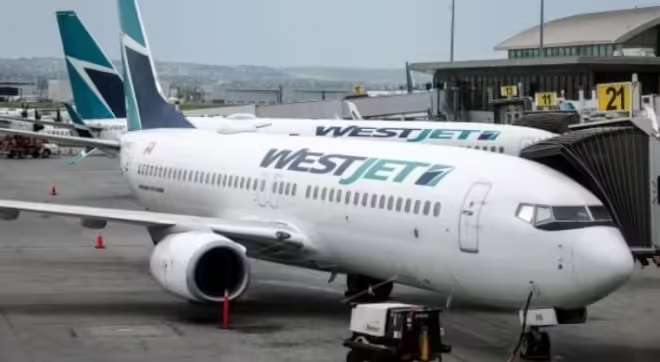
The potential strike by WestJet Airlines, which threatened to disrupt travel plans for thousands of passengers, has been averted following the intervention of Canada’s federal labor minister. The minister imposed binding arbitration to resolve the ongoing labor dispute between the airline and its flight attendants.
The decision came after negotiations between WestJet and the United Food and Commercial Workers (UFCW) union, representing the flight attendants, reached an impasse. Union representatives had expressed concerns over issues such as wages, working conditions, and job security. The possibility of a strike loomed large as the union prepared to take action, which could have led to significant flight cancellations and delays, particularly during the busy travel season.
Binding arbitration is a process where an independent third party reviews the case and makes a decision that both parties are required to accept. This method is often used in labor disputes to ensure a resolution when negotiations stall. The federal labor minister’s decision reflects the government’s commitment to maintaining stability in the aviation sector and ensuring that air travel remains accessible to Canadians.
Following the announcement, both WestJet and the union acknowledged the need to comply with the arbitration process. The airline expressed relief at avoiding a strike, emphasizing its dedication to passenger service and operational stability. Meanwhile, the union highlighted its ongoing commitment to advocating for the rights and well-being of flight attendants.
As the arbitration process begins, both parties will present their cases, and a resolution is expected to be reached within a specified timeframe. This intervention marks a significant step in protecting workers’ rights while also ensuring that travelers can continue to fly without disr
uption.